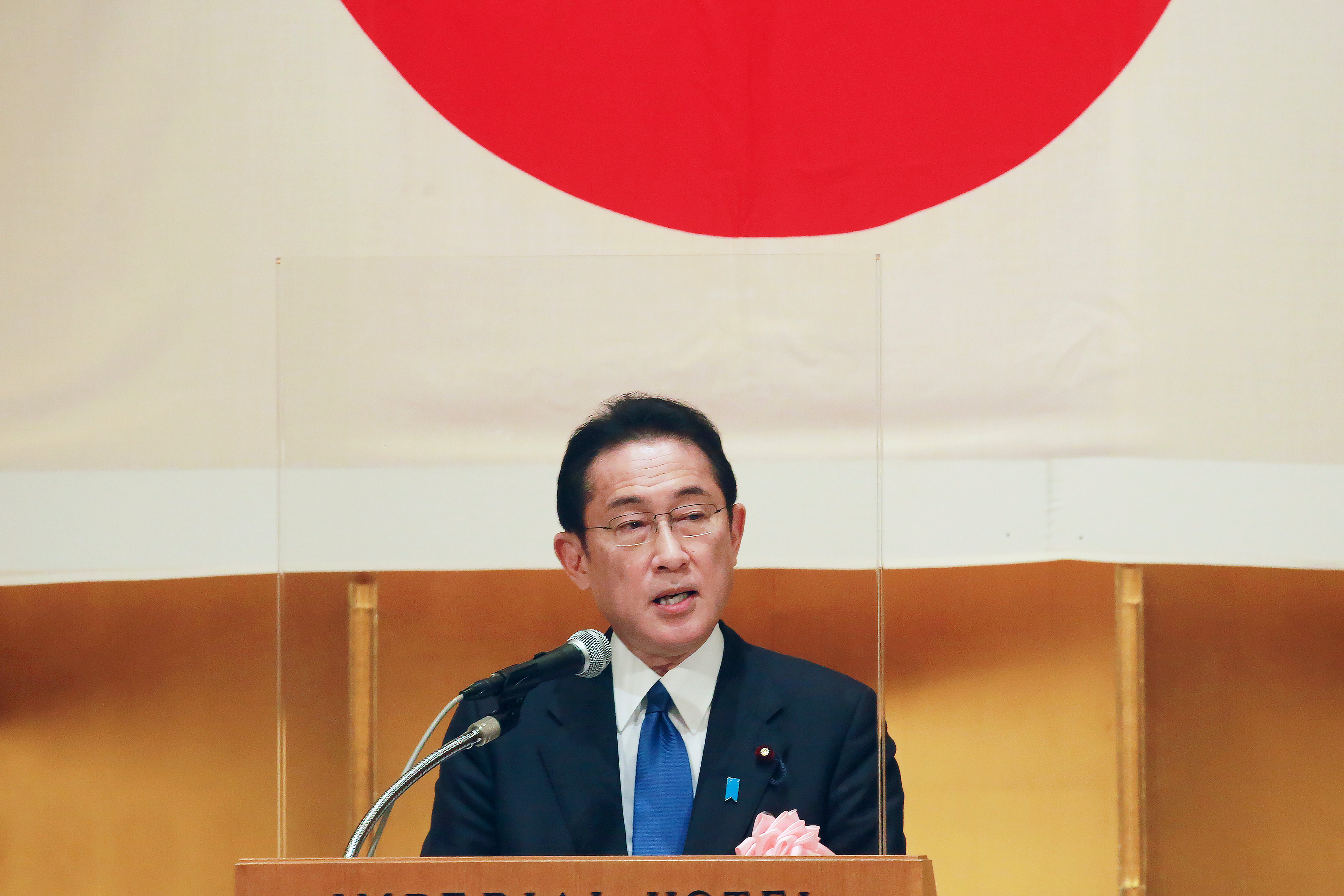Japan parliament to pass Uyghur rights resolution ahead of Beijing Olympics
This comes at a time Japan is carefully playing the balancing act of its allyship with the US and west but also to not rile China

Your support helps us to tell the story
From reproductive rights to climate change to Big Tech, The Independent is on the ground when the story is developing. Whether it's investigating the financials of Elon Musk's pro-Trump PAC or producing our latest documentary, 'The A Word', which shines a light on the American women fighting for reproductive rights, we know how important it is to parse out the facts from the messaging.
At such a critical moment in US history, we need reporters on the ground. Your donation allows us to keep sending journalists to speak to both sides of the story.
The Independent is trusted by Americans across the entire political spectrum. And unlike many other quality news outlets, we choose not to lock Americans out of our reporting and analysis with paywalls. We believe quality journalism should be available to everyone, paid for by those who can afford it.
Your support makes all the difference.Japan’s parliament is set to voice its concerns about China’s alleged atrocities against Uyghur Muslims, joining the list of countries raising the issue days before the start of the Beijing Winter Olympics.
The resolution will likely pass in the Japanese parliament on Tuesday, though it has watered down from an earlier draft by referring to the human rights violations as the Uyghurs’ “situation”. It has also deleted the word “condemnation” from the title and abstained from directly mentioning China, reported Bloomberg.
It comes at a time when Japan is carefully playing the balancing act of being a key ally to the US but also not riling China, its biggest trading partner in the region.
Japanese lawmakers have welcomed the move, saying that it paves the way for future action on human rights.
Calling it an important first step, opposition lawmaker Yasue Funayama — who is also co-chair of one of the parliamentary human rights groups pushing for the resolution — said: “If the whole of parliament agrees that there are concerns about the human rights situation, we will have to look at what to do about it.”
In December, Japan had joined the US-led diplomatic boycott of the Olympic games and said that it will not send a government delegation for the event in February.
Prime minister Fumio Kishida’s administration had said it will not send any cabinet ministers to the event but Japan’s Olympic and Paralympic officials will attend, similar to the boycott by the US and other western countries.
Among the first ones to call for a diplomatic boycott, the US cited what it called China’s ongoing persecution of minorities.
However, Japan has avoided describing its move in such strident terms. As a result, China did not respond to Japan’s diplomatic boycott, in contrast to its warning to other countries — the UK, Canada and Australia — where it had said they will “pay a price for their wrong moves”.
With just days until the games begin, the international community has been ramping up pressure for action against China over human rights.
More than two dozen lawmakers from 20 countries have written to the UN High Commissioner for Human Rights demanding the release of a long awaited report into human rights violations in the Xinjiang Uyghur Autonomous Region (XUAR) before the beginning of the Beijing opening ceremony.
“As the world’s attention turns to Beijing for the games, we cannot allow the Chinese government to ‘sports-wash’ over the atrocities taking place in the Xinjiang Region. No country, no matter how large or important, is beyond scrutiny or above international law,” said Reinhard Bütikofer, member of the European Parliament from Germany and co-chair of Inter-Parliamentary Alliance on China said.
The time has come for the Commissioner to publish its report and begin to establish what is truly happening in the Xinjiang region, Mr Bütikofer said.
Join our commenting forum
Join thought-provoking conversations, follow other Independent readers and see their replies
Comments